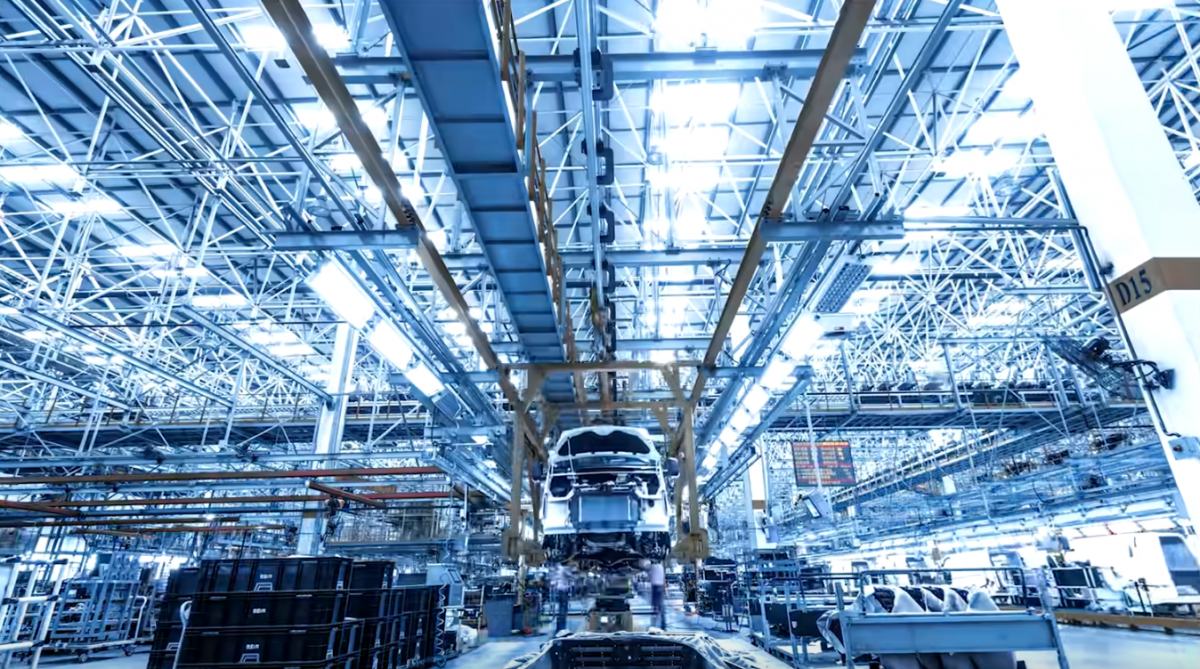A microfactory is a small-to-medium-sized, highly automated, technologically advanced manufacturing setup with a diverse set of process capabilities. It is often a production facility, the output of which may be scaled up by reproducing such setups in huge numbers. Because of the high-tech automated operations, microfactories use less energy, less material, and a smaller workforce. The microfactory idea also encourages the shrinking of manufacturing equipment and systems based on product dimensions. This helps to reduce the size of the plant, which requires less capital and decreases operational expenditures.
As micro-factories proliferate over the world, they will establish a uniform style of working and running, resulting in global production unity. On Similar lines to Cloud computing, Cloud manufacturing, a new production idea that converts traditional manufacturing resources into services and makes them available via the Internet by utilizing cloud computing, the Internet of Things (IoT), and virtualization is emerging. As companies like AWS offer standardized platforms on which a wide range of services and applications run, cloud manufacturing in the near future will have corporations supplying standardized micro-factories that handle the majority of contemporary industrial output.
Manufacturing as a Service (MaaS)
Cloud Manufacturing also referred to as MaaS or Distributed Production is one of the most significant opportunities made available by widespread company digitalization. It enables organizations to focus on product innovation while outsourcing the actual process, as well as crucial services and technology, to an outside party by using new technologies and linked services to improve production efficiency and business leanness.
Manufacturing as a service is the production of commodities using a networked manufacturing infrastructure. To put it another way, manufacturers utilize the internet to share production equipment in order to cut costs and produce better goods.
Just as cloud computing allows for instant access to pooled computer resources such as software, hardware, and data, similarly MaaS is driven by Cloud networked manufacturing. The cost of manufacturing infrastructure—machines, maintenance, software, networking, and other costs—is shared by all consumers. For starters, this results in cheaper production costs, more uptime for each machine, and increased manufacturing capacity for each organization.
These MaaS platforms are rapidly gaining traction in key industries such as automotive, aerospace, health care, and military. Major industrial enterprises have begun to use these platforms as well.
Our innovators have developed a new business model around MaaS that is expected to have a deep effect on the global manufacturing sector. We offer manufacturing services with complete visibility with significant lead time and capacity that is available for both startups and industries. CCTV camera-based machine vision capabilities assist in visualizing production processes digital twin and automate production data capture, monitoring, and analysis.
We would be delighted to hear from you and would like to discuss the opportunities for collaboration. Please write to us at open-innovator@quotients.com






